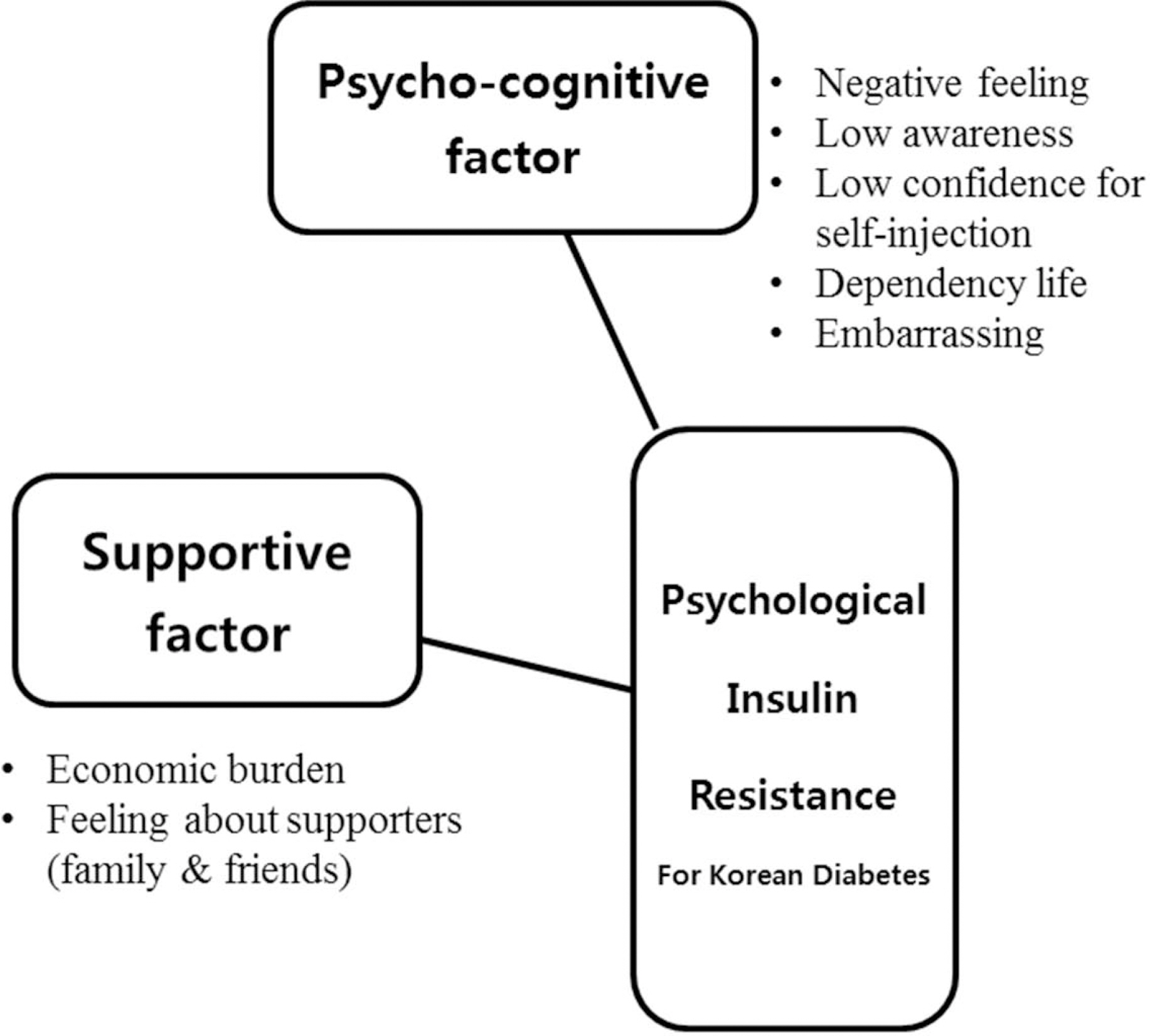J Korean Diabetes.
2023 Dec;24(4):227-231. 10.4093/jkd.2023.24.4.227.
Using Motivational Interviewing to Overcome Psychological Insulin Resistance
- Affiliations
-
- 1경희의료원 사회사업팀
- KMID: 2550164
- DOI: http://doi.org/10.4093/jkd.2023.24.4.227
Abstract
- Psychological insulin resistance can delay insulin therapy when initiating insulin therapy in patients with type 2 diabetes mellitus. The role of diabetes educator is important in reducing patients’ psychological insulin resistance through various approach. Motivational interviewing not only promotes diabetes selfmanagement, but also can help to overcome psychological insulin resistance. Diabetes educators can help smooth the transition to insulin in diabetic patients using motivational interviewing. In this article, I introduce basic counseling skills of motivational interviewing addressing psychological insulin resistance.
Figure
Reference
-
1.International Diabetes Federation (IDF). IDF diabetes atlas 2021. Brussels: IDF;2021.2.Korean Diabetes Association. Diabetes fact sheet 2022. Seoul: Korean Diabetes Association;2022.3.Korean Diabetes Association. Clinical practice guidelines for diabetes. 8th ed.Seoul: Korean Diabetes Association;2023.4.Brod M., Kongsø JH., Lessard S., Christensen TL. Psychological insulin resistance: patient beliefs and implications for diabetes management. Qual Life Res. 2009. 18:23–32.5.Hong SH., Kim MJ., Noh SG., Suh DW., Youn SJ., Lee KW, et al. A study on resistance in type 2 diabetic patient against commence-ment of insulin treatment. Korean Diabetes J. 2008. 32:269–79.6.Hosomura N., Malmasi S., Timerman D., Lei VJ., Zhang H., Chang L, et al. Decline of insulin therapy and delays in insulin initiation in people with uncontrolled diabetes mellitus. Diabet Med. 2017. 34:1599–602.7.Jang YJ. Psychological insulin resistance: key factors and intervention. J Korean Diabetes. 2021. 22:192–6.8.Song Y., Jeon Y., Cho J., Kim B. Development of a psychological insulin resistance scale for Korean patients with diabetes. J Korean Acad Nurs. 2016. 46:813–23.9.Peimani M., Nasli-Esfahani E., Sadeghi R. Patients’ perceptions of patient-provider communication and diabetes care: a systematic review of quantitative and qualitative studies. Chronic Illn. 2020. 16:3–22.10.Furler J., O’ Neal D., Speight J., Manski-Nankervis JA., Gorelik A., Holmes-Truscott E, et al. Supporting insulin initiation in type 2 diabetes in primary care: results of the Stepping Up pragmatic cluster randomised controlled clinical trial. BMJ. 2017. 356:j783.11.Steinberg MP., Miller WR. Motivational interviewing in diabetes care. New York: The Guilford Press;2015.12.Lee HJ., Cho JH., Song YS. Analysis of motivational interviewing to overcome psychological insulin resistance of type 2 diabetes. J Korea Converg Soc. 2018. 9:485–93.
- Full Text Links
- Actions
-
Cited
- CITED
-
- Close
- Share
- Similar articles
-
- Using Motivational Interviewing in Diabetes Self-Management Education
- Motivational Interviewing for People with Diabetes Mellitus
- A Strategy for Integrating Behavioral Therapy and Motivational Interviewing for Motivation Enhancement in Patients with Obesity
- Psychological Insulin Resistance: Key Factors and Intervention
- Development and Effects of a Motivational Interviewing Self-management Program for Elderly Patients with Diabetes Mellitus


